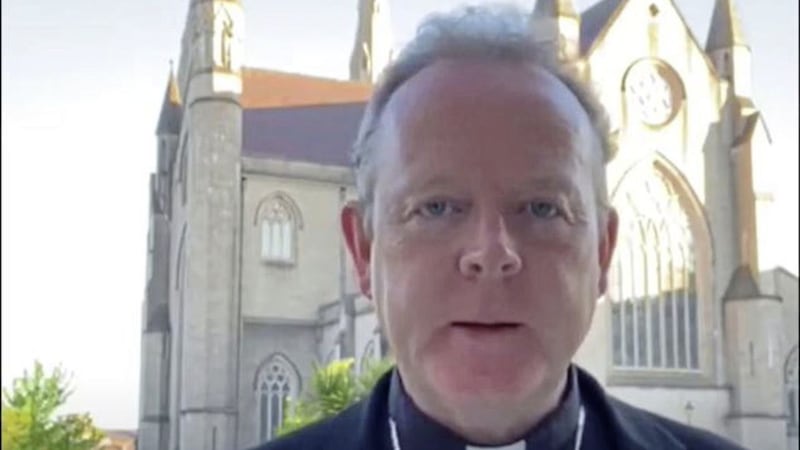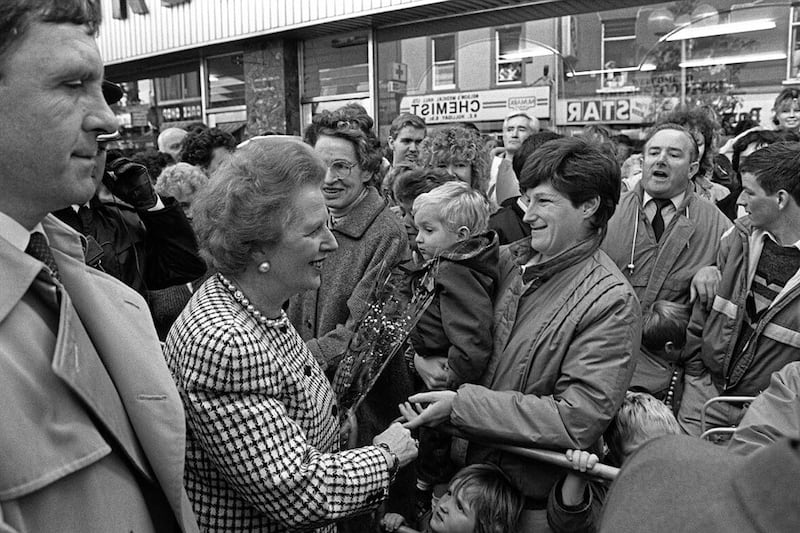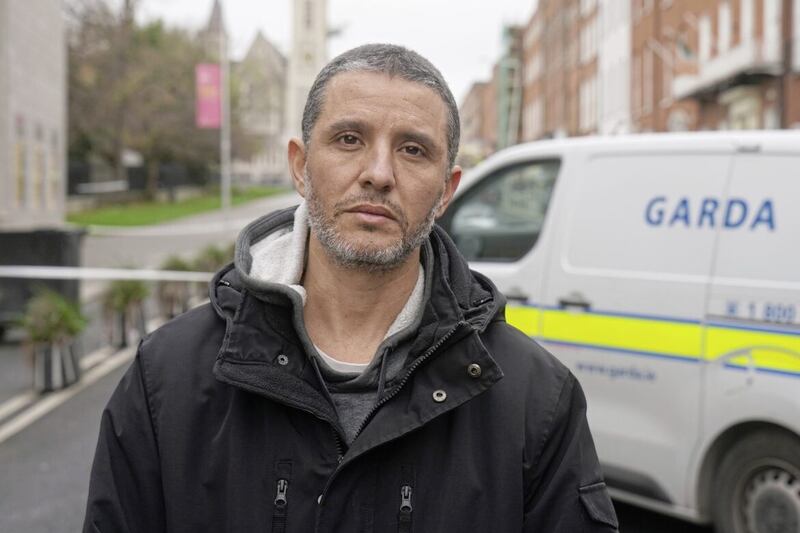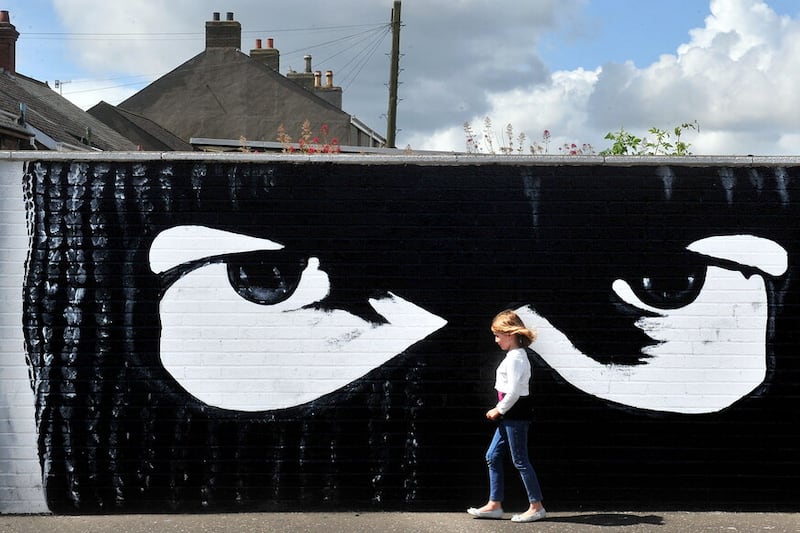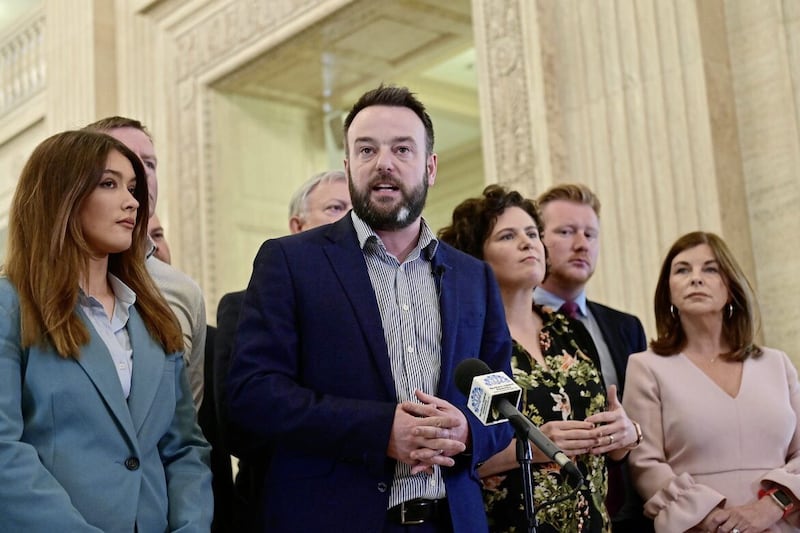It is not often that I find myself in agreement with a DUP minister but the public intervention by Archbishop Eamon Martin on academic selection did just that.
Unlike other columnists, I have always taken the view that clergy and people of faith have an absolute right to comment on any aspect of public life or policy. The rules which govern us govern them too.
The Archbishop and Bishop McKeown have stated that they are against academic selection. This is an official position but clearly one which is unenforceable on the ground in many dioceses where grammar schools thrive and are popular amongst Catholic and non Catholic parents.
Archbishop Martin wrote to all Catholic schools, principals and boards of governors within the Archdiocese of Armagh and the Diocese of Dromore for which he is apostolic administrator clearly stating: “I have no desire to re-open the arguments for, and against, transfer tests.” And yet, that is the trajectory of travel where his statement about temporarily suspending transfer tests took the archbishop when interviewed by media.
Archbishop Martin said his letter was written from a pastoral perspective and said his appeal was being made in the best “interests of our children and schools”.
I suspect most principals and governors also act in the best interests of children and schools too.
The Archbishop claims the timing of his intervention was guided by the uncertainty caused by Covid-19. He was and is concerned about the anxieties of parents and particularly young children who have been without the structures and routine of school for over 60 days.
But has the intervention by the Archbishop added to those worries and anxieties or relieved them?
I tend to believe he has worsened them. Whether he likes it or not – whether he intended it or not - by asking grammar schools at this time to publish admissions criteria other than by transfer tests, he is opening up one of the most contested and complex debates in local education.
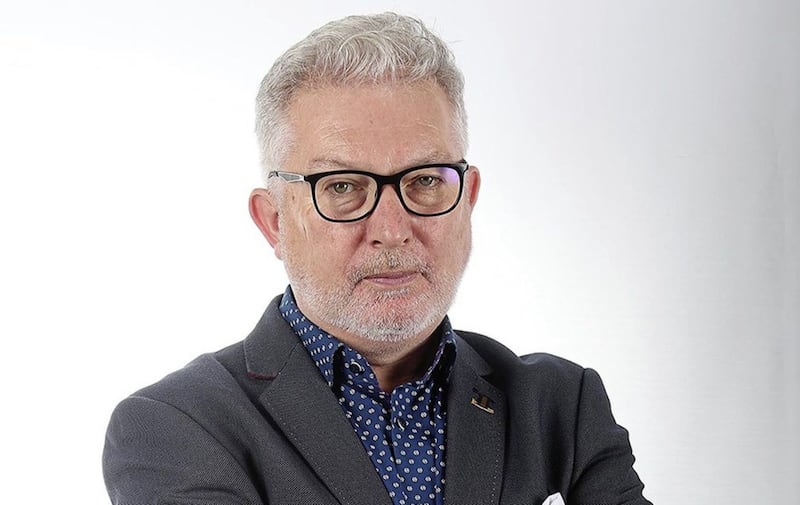
And he is doing this in the midst of huge uncertainty, when principals and teachers are already struggling to maintain outreach to students and their families through distance learning and online support.
The key weakness in publishing new criteria for admission across a range of independent voluntary grammar schools, controlled grammars and some integrated schools is the obvious lack of consultation and consensus on what such criteria should be; the fairness of this criteria to serve all children equally and crucially what additional pressures would fall on teachers when introducing temporary new criteria.
Furthermore, how would parents react to new temporary measures? Despite the flaws in the current selection process parents at least know how it works.
When the infamous 11-plus was removed there was no consensus on what to replace it with.
Now what seems like a well-intentioned suggestion is proposed but it also lacks crucial detail about what would follow. Church leaders know too well that hard cases make for bad law. So too do exceptional times with ill thought out ideas.
At the centre of any approach to education must lie the well-being of the child, the support of parents and choice. Choice goes to the very heart of why Catholic education is a valid option for Catholic parents as much as state or integrated schooling options are for others. Voluntary grammars are oversubscribed and are finding it difficult to extend their numbers despite the demand.
The Archbishop is Primate of All Ireland and his concerns about inequalities in sections of Catholic education in Northern Ireland seem over-inflated; in the Republic of Ireland where his crozier extends too, some of the top Catholic schools are amongst the most expensive and elite in Europe.
The next few months will be challenging for parents, teachers and most particularly children. Unprecedented times require precautionary measures which means less disruption not more. Better the devil you know.

